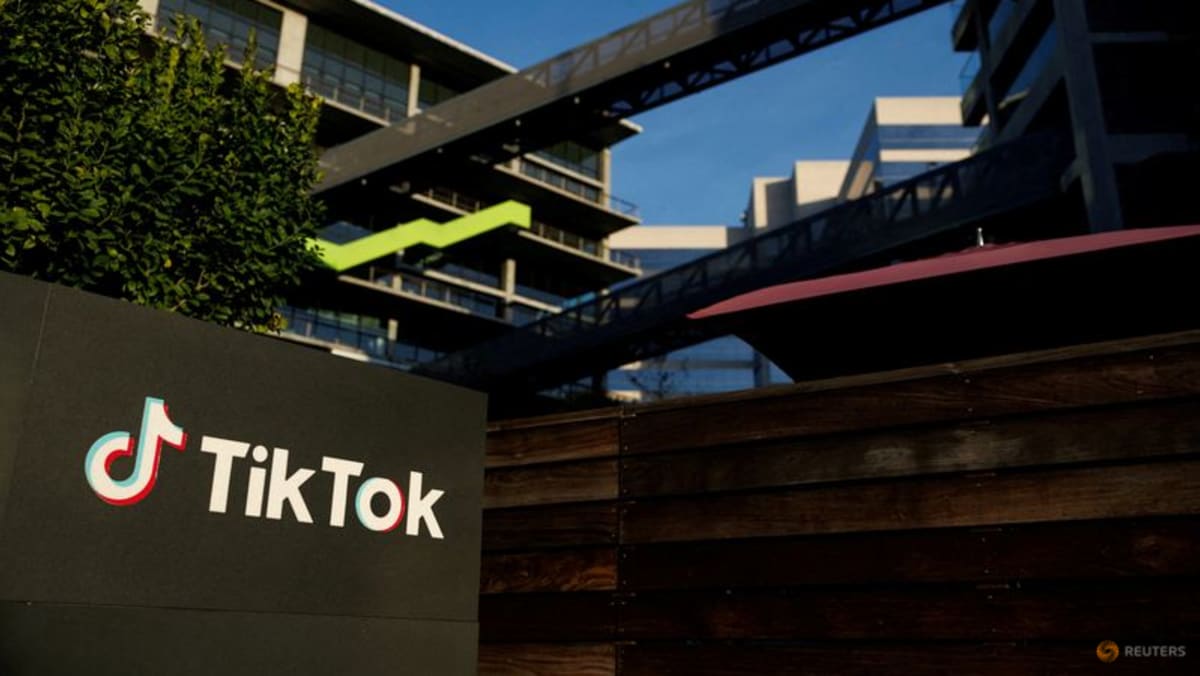For example, small- and medium-sized food and beverage businesses, which saw revenue increase by US$4.1 billion in 2023 from marketing and advertising on the app, stand to lose the most, according to estimates by economic advisory firm Oxford Economics. That data was commissioned by TikTok.
TikTok CEO Shou Zi Chew said in a video posted to the app on Friday that seven million American businesses earn a living on the platform.
For Mama V’s Candy, TikTok Shop, the e-commerce arm of Bytedance’s video platform, changed the trajectory of the business, said owner Valerie Verzwyvelt.
“We have pretty much stayed viral since the beginning of the TikTok shop launch last year,” said Verzwyvelt. The company, which sells extremely sour candies, made US$6 million in 2024 and has sold close to 300,000 units on the app, she said.
“We are on our second expansion,” she said, a decision the Pineville, Louisiana-based company made before the reality of the Jan. 19th deadline set in. “I have to rebuild my business now.”
Sven Greany, co-owner of California-based independent beauty brand Simply Mandys, said that a TikTok ban would bring his business to a “screeching halt” after a record holiday shopping season.
Simply Mandys made more than US$20 million in sales in 2024 on TikTok Shop with the help of livestreaming and Greany said he never fretted the app’s ties to China. Ninety-five per cent of the company’s total sales come from shoppers on the platform, he said.
However, the company has plans to shift its marketing to Instagram once TikTok is no longer available. But TikTok’s privacy policy blocks sellers from accessing shopper emails, addresses and other information that could be useful for marketing outside of the platform. Essentially, if TikTok disappears, so do Simply Mandys’ customers, Greany said.
